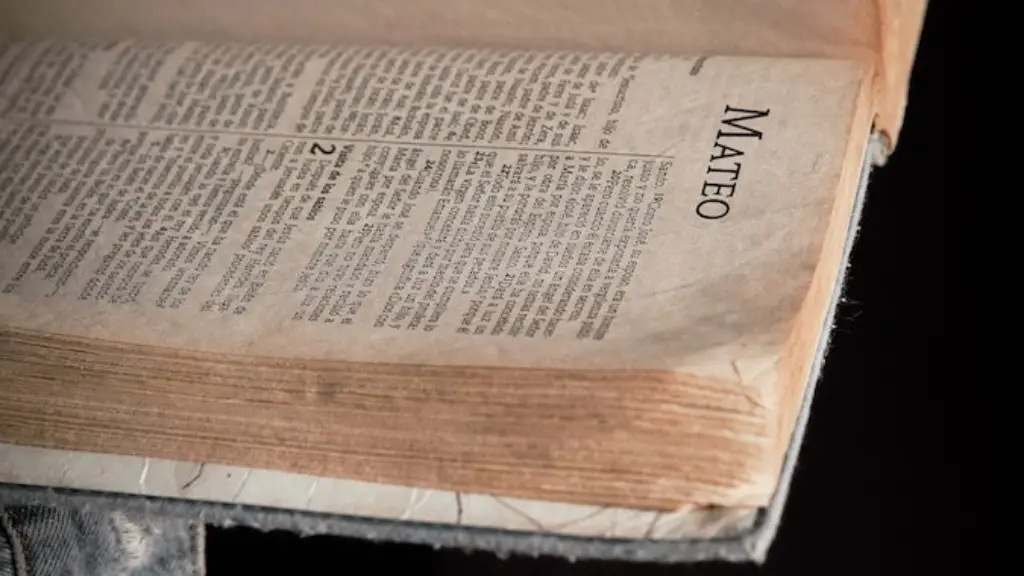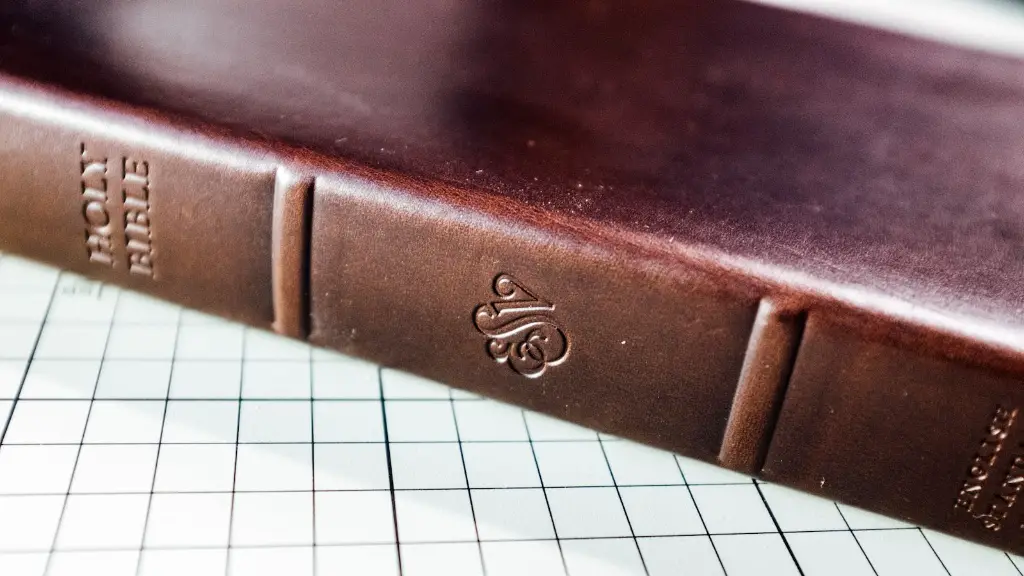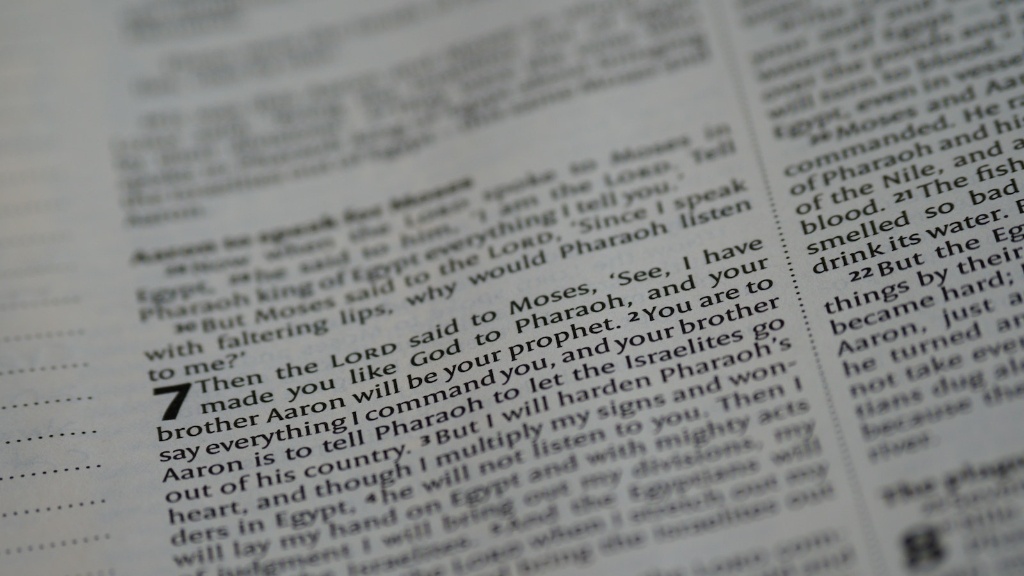The name Phineas is most familiar as an Old Testament figure, an example of faith and obedient service to God. He was among the most significant priests of the Hebrew nation, living during a crucial period of the nation’s history, bridging the gap between Aaron, the first High Priest, and Joshua, the great leader who would lead the Hebrews into the Promised Land. But who was Phineas, really? What was his story, and how did it fit into the story of the Hebrew people?
Life Before Priesthood
Before he became a priest, Phineas was born and raised as part of the tribe of Aaron. His parents, Eleazar and Ithamar, were both sons of Aaron, so Phineas was a direct descendant of the first High Priest. He likely began his education in the priesthood early in his life, preparing even in childhood for the role he would later be appointed to.
Little of his life before his appointment is known, but it is likely that Phineas had been active as a priest throughout his adult life. His knowledge of the Law must have been considerable, and he was likely able to serve in various capacities as a minor priest within the Aaronic priesthood.
The Incident of Baal of Peor
The incident that launched Phineas into renown occurred shortly after the Hebrews had arrived in the promised land. While the Hebrews were encamped in Shittim in the plains of Moab, the Moabites, ruled by the king Balak, sent for the prophet Balaam. Balaam was to put a curse on the Hebrews, but instead, to the dismay of the Moabites, he blessed them.
Determined to prevent the blessings from doing any good, the Moabites began to seduce the Hebrews. Led by the daughters of Moab and Midian, they adopted the worship of the god Baal of Peor. Seeing this, Phineas found a man in the act of idolatry and killed him, alongside the woman he was with, in order to stop the spread of idolatry.
Seeing this act, God was pleased with Phineas and rewarded his obedience with a special covenant. This covenant not only ensured the blessing of Phineas and his descendants, but also prevented plague from ravaging the camp of Israel, a reward that served to benefit the entire nation.
Phineas as High Priest
The act of faith Phineas demonstrated at Baal of Peor had set a precedent, and his reward was codified by the Lord. Through Moses, the Lord told the people to appoint Phineas as High Priest, replacing Aaron. Furthermore, God stated that Phineas’ lineage should serve as High Priest forever, ensuring that the High Priesthood would remain in the same family.
During his time as High Priest, Phineas not only performed the duties of the priesthood, but was also charged by the Lord to lead a league of warriors against the Canaanites. He was fully consecrated to the Lord’s work, including leading the nation in times of rebellion against God. When the Lord wished to punish the people for their idolatry, it was Phineas who offered sacrifice for the sins of the people, thus averting God’s wrath.
Legacy of Phineas
Phineas’ tenacity and strength of faith have been hailed by the Hebrew people for over 3500 years. Not only did his actions lead to a lasting covenant of blessing, but also an example to all who could develop a greater faith to obey God’s will, even when it goes against conventional wisdom or desires. The legacy of Phineas is a reminder that faithfulness and obedience will be blessed, and carries on even to this day.
The Long Reach of Phineas
Though the last mention of Phineas in the Bible is in Numbers 25-26, his example and legacy live on. Many of the Hebrew laws incorporate the covenant he made with God, and various religious texts reference the role he played in forming the priesthood. Most significantly, some of the most important symbols for Christianity use the story of Phineas as an example of faith and obedience.
The story of Phineas is one of faith and courage, and has resonated with millions of believers for thousands of years. His story is a story of faithfulness and obedience, of believing in something greater than yourself, and of trusting in God’s judgement. The importance of his story for the Hebrew people, and for believers everywhere, is undeniable.
Phineas and the Priesthood Today
Phineas’ story remains an important part of the Bible, and is referenced in various religious texts throughout the world. His example of faith and obedience to God is still referred to and studied today, demonstrating the lasting impact he has had on the faithful. His story not only shows the importance of faith and obedience in one’s own life, but also serves as an important reminder of the centrality of the priesthood and the lasting impact it has on those who serve in its ranks.
Phineas’ role as the first High Priest of the Aaronic priesthood holds a unique place in the Bible, and his legacy continues to live on in the hearts and minds of many. His story is one of deep faith and unwavering obedience to God, and is an example of the power of faith to overcome difficulties and ultimately bring victory.
The Role of Phineas for Modern Religion
Phineas’ story still has immense relevance to modern Christianity and other religions today. His example of faith and obedience is still held up as a model for those seeking to have a strong relationship with God. He is also seen as an exemplar of the importance of the priesthood, and his legacy as High Priest is seen as an honor that should be cherished by all who serve in the Aaronic priesthood.
Phineas’ example can also serve as a reminder that, no matter how difficult a situation may seem, perseverence and faith can lead one to victory. His commitment to the Lord’s will, regardless of the cost, serves as a powerful lesson of trust and obedience. His story is one which should be remembered and honored, and may still bring hope and courage to believers today.
Phineas in Culture and Folklore
Phineas’ story has been remembered through time, and echoes throughout history. His story is featured in a number of folktales, as well as in various cultural artifacts. In folklore, he is often portrayed as a faithful warrior who overcame insurmountable odds to bring victory to the Hebrews. He appears in various works of art, as well, most notably in an oil painting by French artist Jean-François Millet.
He is also referenced in literature, often as an example of an individual who is able to withstand difficult opposition and still come out the other side victorious. His legacy is found in works by notable authors such as Nathaniel Hawthorne, Herman Melville, and Tennessee Williams. His courage is often held up as an example of what a faithful believer is capable of.
Phineas’ legacy continues to live on in the hearts and minds of believers of multiple faiths. His example of faith and obedience has been remembered for thousands of years, and still provides inspiration and hope to those who seek it.




